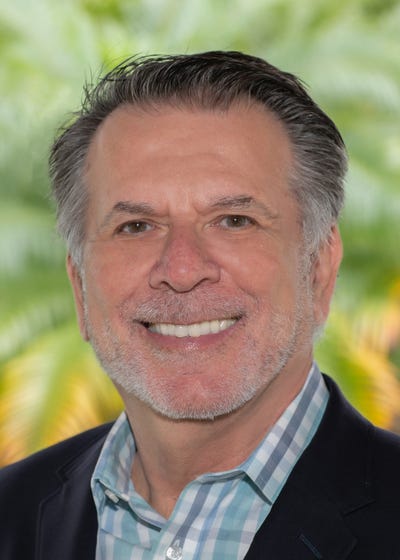How to Handle the Expected Tsunami of New 401(k) PlansHow to Handle the Expected Tsunami of New 401(k) Plans
How lessons from rideshare apps can help the DC industry better serve inexperienced advisors and brokers.

There is an unprecedented surge of newly defined contribution plans—especially 401(k)s. According to a Cerulli report, it’s caused primarily by state mandates plus tax credits in SECURE 2.0 and group plans like PEPs. Imagine if there is a federal mandate in SECURE 3.0.
The current roster of 12,000 retirement plan advisor specialists will not be able to serve the almost 400,000 new 401(k) plans nor do they want to, busy with larger more profitable plans. There are about 275,000 financial advisors not deemed specialists who will likely shoulder the load, especially those with wealth clients either forced to start a DC plan or are not properly served. In addition, payroll providers like ADP and Paychex, who recordkeep one-third of the 750,000 DC plans, will step up with or without advisors as well as other payroll vendors like Gusto that partner with fintech record keepers. Add benefits brokers, banks, and insurance providers through annuity salespeople associated with IMOs (insurance marketing organizations) and CPAs.
Most of the less experienced advisors and brokers will not become specialists nor do they want to. They have been told by the DC industry and their home offices to stay away from 401(k) plans because the liabilities do not match the revenue especially as advisor plan fees continue to decline.
The message has changed not just because of the expected tsunami but because of the convergence—the workplace is a target-rich environment for cross-selling financial services and benefits and for forming relationships with participants for when they separate or retire. Not to mention how AI could facilitate advice to the masses, supercharging an advisor’s ability to exponentially serve more clients.
But how to service these newbies?
Though group plans, outsourced fiduciary and due diligence services as well as technology to make plan formation simpler, these are just tools that do not solve the problem. First and foremost, the newbies do not want to disrupt an existing relationship. They do not want to become ERISA experts or manage the plans and deal with low account balance participants.
Participant services have matured from education to guidance to advice to “just do it for me” in the form of target date funds and the auto plan. Newbies do not want all the tools—in fact, they do not want to own or drive the car in which they do for their main businesses.
What they want is to order a car to pick up and deliver their clients to their desired destination efficiently, cost effectively and on time. No muss, no fuss.
At the 2024 RPA Broker/Dealer Roundtable, most of the home office professionals were not excited about PEPs – they were more interested in providing an integrated solution that their advisors could trust whether internal or external 3(38), investment due diligence reports, onboarding and creating new plans and, perhaps most importantly, ongoing service which includes marketing and feeding leads to them.
A few larger broker/dealers may have internal and external resources, but most do not. Which is where record keepers and TPAs come in but there needs to be a fundamental shift by these providers becoming the equivalent of rideshare apps.
Traditional record keepers, which have massive field forces and internal call centers, struggle to make money on small and start up plans if they cannot sell other products and services. Their business model is being stretched as costs go up, and fees go down while recruiting and retaining key professionals, especially lower-paid internal positions, becomes more difficult. Which is why partnerships like John Hancock and Vestwell make so much sense combining low-cost, streamlined processes with service and distribution.
And as the convergence heats up, broker/dealers are loath to work with record keepers that claim to support advisors’ efforts to serve participants but then undermine them whenever they can.
As they had done when DC plans surged in the late 1990s and throughout the 2000s, TPAs are a valuable resource who can help newbies providing local service. But less experienced advisors and brokers do not know who they can trust nor do broker/dealers or other home offices who need to create a national network that needs to be maintained and monitored. Many smaller TPAs have not kept up with technology and do not have a robust sales force.
Even the benefit and P&C firms that own RPA practices struggle not just with cross-selling, which requires relationships and trust, but also with committing resources to low-margin DC plans, especially smaller ones unless there is a cross-sell opportunity. And the RPAs associated with benefit firms may not want to take on the small and start up plans.
Most banks have mishandled DC plans except for JP Morgan which has also partnered with Vestwell. Not sure if IMOs are even sniffing the DC market leaving their annuity salespeople to fend for themselves.
RIAs without robust home office DC support, which is the vast majority, will struggle though some firms like Mariner and Hightower are stepping up.
That tsunami of new plans is coming – those that can morph from car dealerships to ride-share apps with TPAs as the drivers will better serve these newbies while refitting their business models.







